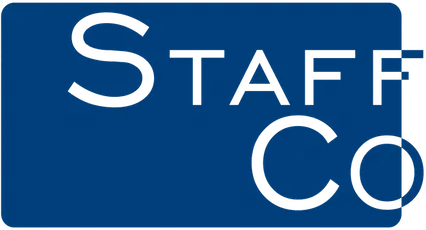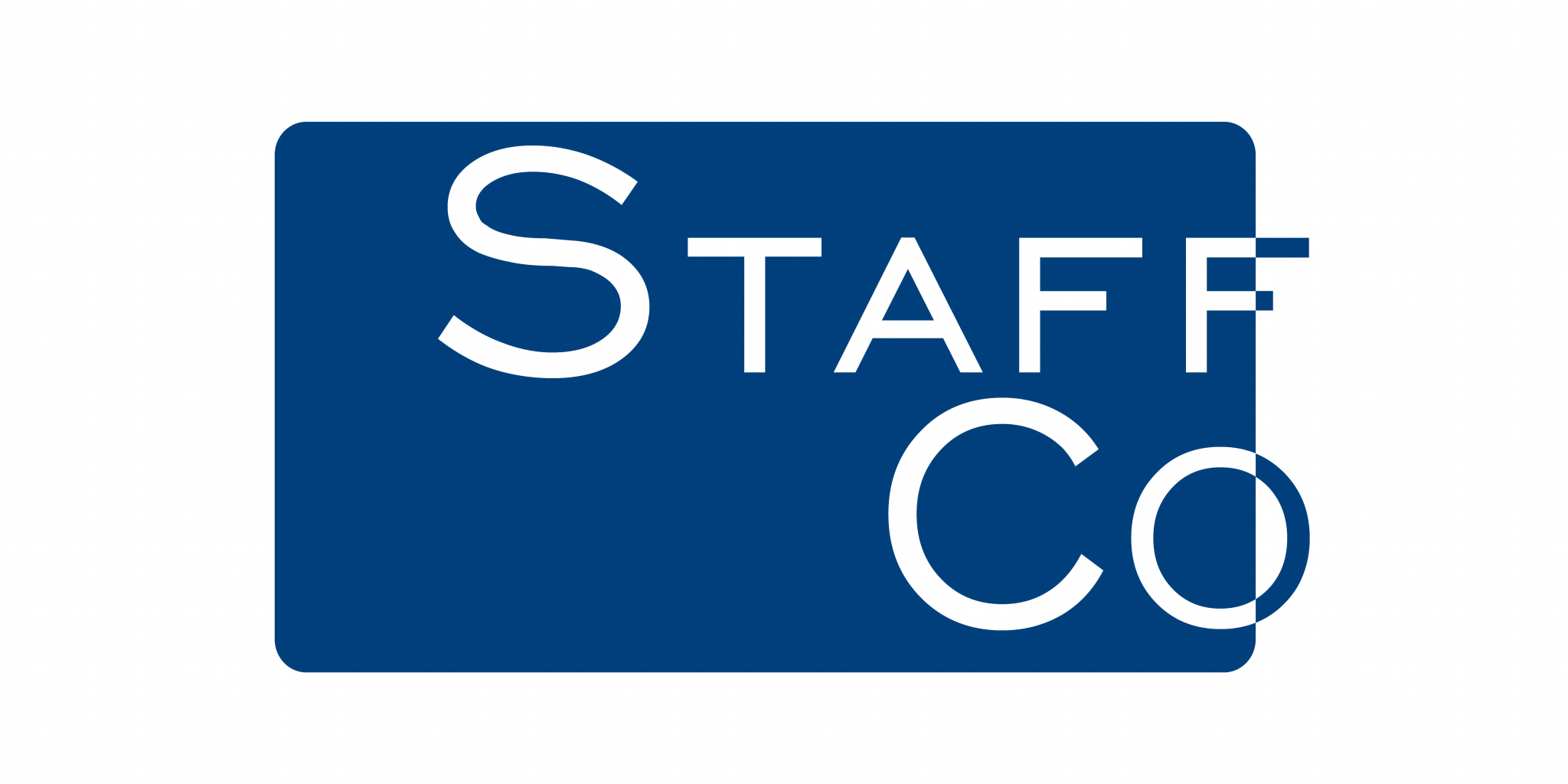Top Blue Collar Industries currently hiring
The top blue-collar industries currently hiring in Australia include construction, manufacturing, mining, and logistics. These industries have seen a steady increase in demand for skilled professionals due to the growing infrastructure needs of the country.
In the
construction industry, there is a high demand for skilled tradespeople such as carpenters, electricians, plumbers, and bricklayers. With the government investing in infrastructure projects such as roads, bridges, and public transport, there is a need for skilled workers to complete these projects.
The
manufacturing industry is also experiencing a surge in demand for skilled workers. With the rise of automation and advanced manufacturing technologies, there is a need for workers who can operate and maintain these machines.
The
mining industry is also currently hiring. With Australia being a major exporter of minerals such as coal, iron ore, and gold, there is a need for workers who can operate heavy machinery and work in challenging environments.
Finally, the
logistics industry is also hiring, with a focus on truck drivers, warehouse workers, and logistics coordinators. With the rise of e-commerce and online shopping, there is a need for workers who can manage the movement of goods and products across the country.
In terms of job roles specifically, some of the most sought-after positions currently hiring in blue-collar industries include electricians, carpenters, welders, truck drivers, and heavy machinery operators.
Overall, the job market in Australia is competitive, but there are opportunities available for those with the right skills and experience. If you are looking to enter one of these industries, it is important to stay up-to-date with the latest trends and developments in your field and to continuously develop your skills to stay competitive.


StaffCo Australia does not receive any funding to operate its business. All profits are used to improve the service we offer to Jobseekers.
USEFUL LINKS
FOLLOW US
STAY INFORMED
You need a helping hand with your project?
We will get back to you as soon as possible
Please try again later
CONTACT US
Contact Us
We will get back to you as soon as possible.
Please try again later.
All Rights Reserved | StaffCo Australia
Powered with 💛 by Shazamme

